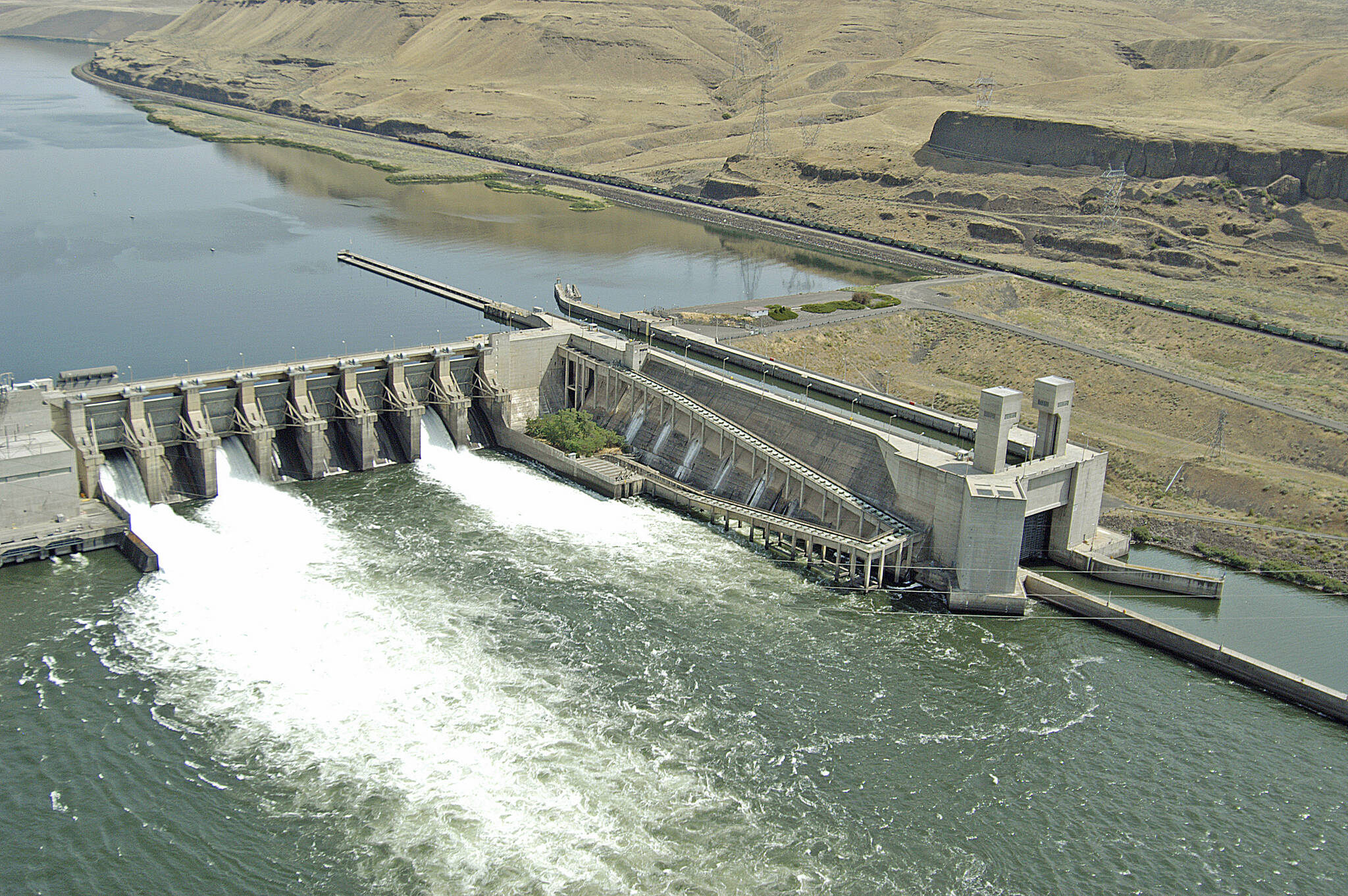Randy Bracht | The Center Square
(The Center Square) – Three Republican congressional members from eastern Washington and Oregon who oppose breaching the lower Snake River dams for salmon recovery are pointing to a new federal study to blame Democratic Gov. Jay Inslee and state and federal environmental agencies for “misguided efforts” harming salmon in the Puget Sound.
U.S. Reps. Dan Newhouse and Cathy McMorris Rodgers of Washington and Rep. Cliff Bentz of Oregon say a report issued last week by the U.S. Government Accountability Office shows that the federal Environmental Protection Agency and the Washington Department of Ecology have missed several deadlines since 2012 in assessing water quality standards in the Puget Sound.
The GAO report says that salmon populations have declined within the Sound, in part due to “water quality impairments” such as elevated water temperatures and toxic chemicals – including a chemical in tire dust called 6PPD and remnants of copper-impregnated brake pads – that enter water bodies from stormwater runoff.
“It doesn’t require an advanced degree to understand that years of dumping raw sewage and pollution into the Puget Sound would decimate salmon populations,” the three congressional members wrote in a press release.
“That simple fact is now indisputable with this GAO report, which exposes what we’ve known to be true all along: Governor Inslee and the Washington Department of Ecology are responsible for killing Puget Sound salmon and must be held accountable for their negligence,” Bentz, McMorris Rodgers, and Newhouse stated.
“For the last decade, this administration has been so distracted by misguided efforts to breach the Lower Snake River dams that they completely ignored the salmon being poisoned in their own backyard,” they added.
In an emailed response to The Center Square, Inslee’s office said the governor “has made salmon recovery a priority of his administration. He created an entire office dedicated to salmon recovery and has directed billions of dollars toward these issues. The result is we lead the nation in meaningful action on the most critical issues facing salmon recovery in urban areas, which is toxics in stormwater such as 6PPD and copper brake pads.”
Among the cited efforts: the Washington Department of Transportation is retrofitting stormwater drains in areas most critical to salmon, and a state law enacted in 2010 is phasing out heavy metals in brake pads. By 2025, brake pads must contain less than 0.5% copper.
The GAO report says EPA and Ecology have taken actions to improve Puget Sound water quality, but the agencies “face challenges” that include “nonpoint source pollution” from differing sources including agricultural runoff. EPA does not have direct authority to require landowners to reduce such pollution and Ecology primarily relies on voluntary actions that are limited in making progress.
In 2013, the GAO recommended that Congress revise the federal Clean Water Act to address nonpoint source pollution and help restore “impaired waters,” but “Congress has not yet acted on this recommendation.”
Despite a lack of congressional action, Bentz, McMorris Rodgers, and Newhouse accused Inslee’s administration and Ecology of “turning a blind eye to ongoing pollution” in violation of federal law while “(suffocating) the salmon most critical to the health and sustainability of Puget Sound Orcas.”
“Hypocritical and politically motivated does not even begin to describe this blatant dereliction of duty,” the three House members stated.
But the governor’s office, in turn, faulted “certain members of our congressional delegation – who have repeatedly whiffed on chances to aid salmon restoration – (and) now pursue patently false arguments to deflect from their failures.”
Inslee spokesman Mike Faulk said Newhouse and McMorris Rodgers voted against the Infrastructure and Jobs Act, which contained “significant salmon recovery investment in Washington state including Puget Sound.”
“They have provided no support on the best approach to keeping toxics out of our water, which is stopping these pollutants before they even get to stormwater and wastewater plants,” said Faulk.
The General Accounting Office has recommended that EPA and Ecology develop a plan to meet required deadlines for Washington’s impaired waters lists, which are supposed to be updated every two years. EPA agreed to the recommendation, the GAO said, but Ecology “expressed some concerns about it.”
Faulk, in turn, said the GAO “erroneously inflates” the significance of a reporting requirement established in 1972 and that it is “fairly common for states to miss these deadlines.” He said Ecology and the EPA have already resolved the issue of timeliness through a performance partnership agreement, a fact “that GAO refused to acknowledge.”
While criticizing salmon recovery efforts in the Puget Sound, the three Republican congressional members have opposed ongoing litigation and calls by environmental organizations and tribes to remove four dams on the Lower Snake River. In March, Newhouse and McMorris Rodgers introduced the Northwest Energy Security Act to protect the structures.
Dam opponents say removal would boost endangered salmon and steelhead populations by restoring a free-flowing river that enables the migrating fish to reach spawning grounds in northern Idaho.
Supporters of the dams say infrastructure and habitat improvements, along with hatchery production, have increased salmon numbers. They say spending billions of dollars to remove the dams would eliminate clean, renewable hydropower serving thousands of homes and businesses in the region. Supporters also say the dams provide irrigation, flood control, and barge navigation via the Snake and Columbia Rivers that reduces emissions-emitting truck and rail traffic hauling commodities from the Inland Northwest to Pacific ports




